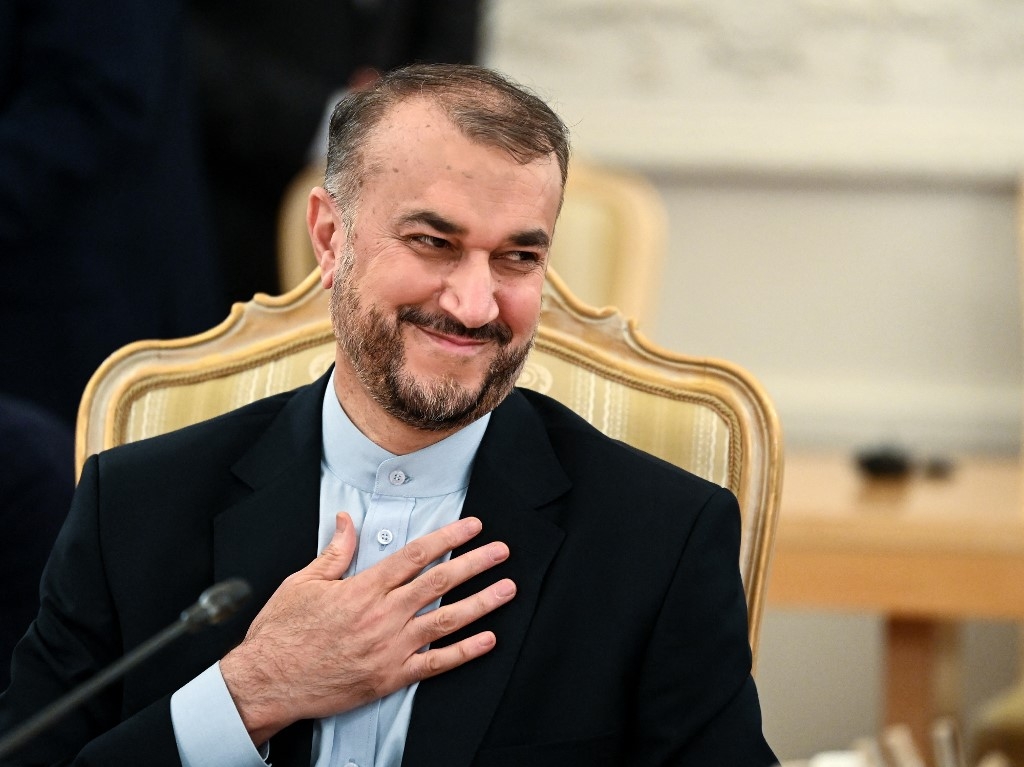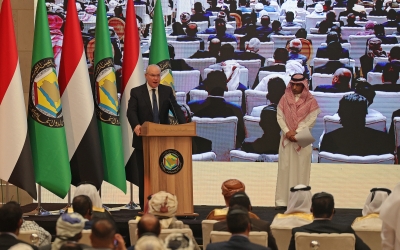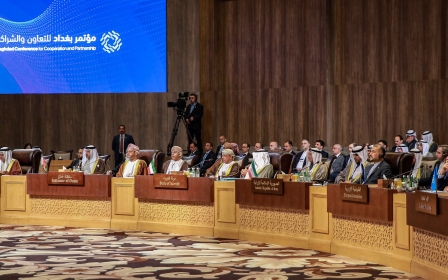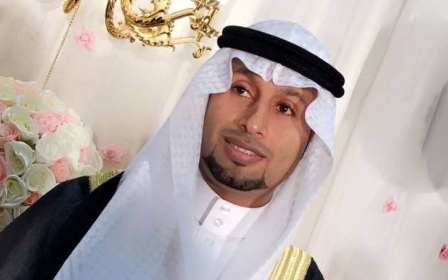Saudi and Iranian foreign ministers hold rare meeting in Jordan

Iran’s foreign minister met with his Saudi Arabian counterpart at a regional conference in Jordan on Tuesday, the highest-level public interaction between the arch-rivals since they severed ties in 2016.
Hossein Amir-Abdollahian tweeted in Arabic on Wednesday that he had engaged in “friendly talks” with his Saudi counterpart, Prince Faisal bin Farhan Al Saud.
In separate comments reported by Iran's official IRNA news agency, Amir-Abdollahian said that Iran was ready to "resume" talks aimed at de-escalating tensions with its rival, a sentiment that he said was expressed by Saudi Arabia as well.
The Saudi foreign ministry did not immediately respond to a request for comment.
Iran and Saudi Arabia are at polar opposites over crises in regional hotspots, from the war in Yemen to Lebanon and Iraq.
In 2016 Riyadh severed ties with Iran after Iranian protesters stormed the Saudi embassy in Tehran, following the execution of a Shia cleric in Saudi Arabia.
Separately, since April 2021, Iraq has hosted a series of fence-mending meetings between the two countries' security officials. No meetings have been publicly announced since April 2022.
On Monday, Iraqi officials said talks in Baghdad were stalled because Iranian officials refused to meet with their Saudi counterparts at a time when Iran is convulsed by protests calling for the downfall of the Islamic Republic.
Iran has blamed the demonstrations, which erupted in September following the death in police custody of 22-year-old Mahsa Amini, on the US and Saudi Arabia.
In November, Iran’s intelligence minister said that Tehran’s "strategic patience” with Saudi Arabia was wearing thin, and threatened to retaliate against any move to destabilise the country.
On Tuesday, Esmail Ghaani, a top general in Iran's Islamic Revolutionary Guard Corps, referred to Saudi Arabia as “scum” and "not worthy of being an enemy”.
The conference in Jordan, which finished on Tuesday, was organised by France and Iraq to support stability in Iraq and the wider region.
Middle East Eye propose une couverture et une analyse indépendantes et incomparables du Moyen-Orient, de l’Afrique du Nord et d’autres régions du monde. Pour en savoir plus sur la reprise de ce contenu et les frais qui s’appliquent, veuillez remplir ce formulaire [en anglais]. Pour en savoir plus sur MEE, cliquez ici [en anglais].





